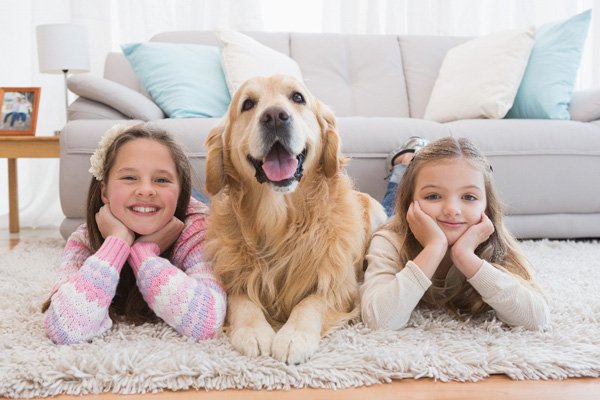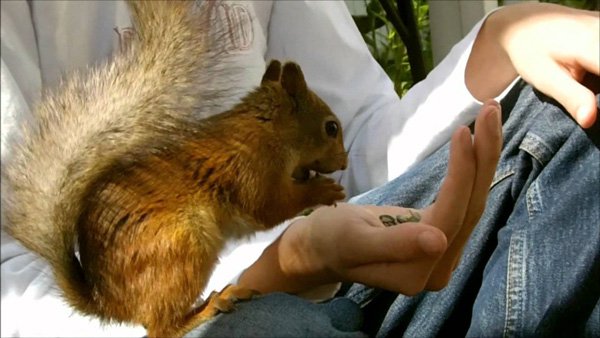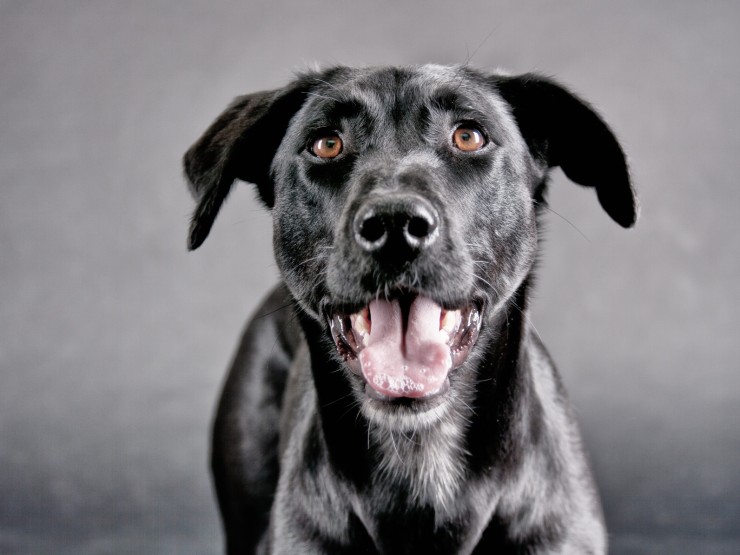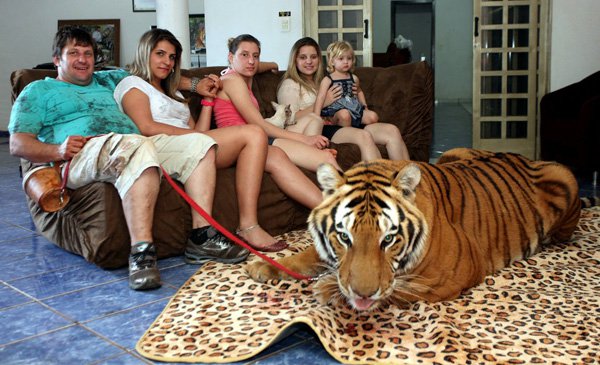
Proper dog nutrition is not categorized the same for all ages, sizes and breeds. Each breed has it’s dietary recommendation as well as the suggested number of feedings per day. These recommendations can also be customized to the size and age group of your dog. However, there are some general guidelines you can follow in order to provide proper dog nutrition with a balanced diet. A dog’s protein intake depends highly on his age. Your dog won’t need more than 25 percent if he’s a puppy or over 22 percent for dogs that get moderate exercise, although, older dogs will require more. Consult your vet for the proper protein intake for your dog.
Most dogs are fed two times a day. Some prefer to eat once a day. Your dog will display to you which he prefers simply by refusing to eat during one of his feedings. Puppies, however, require three to four feedings per day in order to develop bone growth and provide proper dog nutrition.
Never feed your dog table scraps under any circumstances. If your dog has been prescribed a special diet by the veterinarian, which requires you to cook your dog’s meals, be sure to place the food directly into your dog’s bowl. Avoid feeding your dog directly from the dinner table. Your dog will not only develop obesity but it will also encourage begging.
One thing about dogs is that they can eat, and eat, and eat, and eat and never know when they are full. Avoid giving your dog too much to eat. Once a dog becomes obese, it is very difficult to make them lose weight. Your dog can also develop a host of medical problems, such as high blood sugar, abnormal bone development, diabetes, heart problems, just to name a few.
Choose a reputable, high quality, dry dog food with the recommended daily allowance for your dog’s age, breed, size and weight. You can obtain this information from your vet.
Along with daily feedings, give your dog a multi-vitamin in order to promote good health and normal growth.
Feed your dog in a stainless steel bowl. Be sure to clean your dog’s bowl with soap and water every day or two. These bowls are a breeding ground for bacteria. Plastic and ceramic bowls are not recommended.
Your dog should always have water in his bowl, although, while training, you can remove the water bowl at night in order to lessen the probability of night-time urinating.
Offer your dog bite-sized snacks throughout the day for training purposes. Don’t overdo the snacks.
Proper dog nutrition is necessary in helping to keep your dog’s health in check and preventing costly trips to the vet.
Nancy Settecasi, Owner of Happy K-9 Dog Care
Proud Owner of Cookie and Skippy, Cocker Spaniels, Dog Lover
http://www.happyk-9.com
 Find Vital Pet Vaccines at Mansfield Animal Hospital
Find Vital Pet Vaccines at Mansfield Animal Hospital
Find Vital Pet Vaccines at Mansfield Animal Hospital
Find Vital Pet Vaccines at Mansfield Animal Hospital
 The Japanese Bobtail A Cat With Few Health Issues
The Japanese Bobt
The Japanese Bobtail A Cat With Few Health Issues
The Japanese Bobt
 Dog Training Courses Provider
Dog Training Courses Provider
In case you have
Dog Training Courses Provider
Dog Training Courses Provider
In case you have
 Living With Dogs That Are Not Spayed Or Neutered
Living With Dogs
Living With Dogs That Are Not Spayed Or Neutered
Living With Dogs
 How to turn dog walking into a successful business?
How to turn dog walking into a successful business?
How to turn dog walking into a successful business?
How to turn dog walking into a successful business?
Copyright © 2005-2016 Pet Information All Rights Reserved
Contact us: www162date@outlook.com